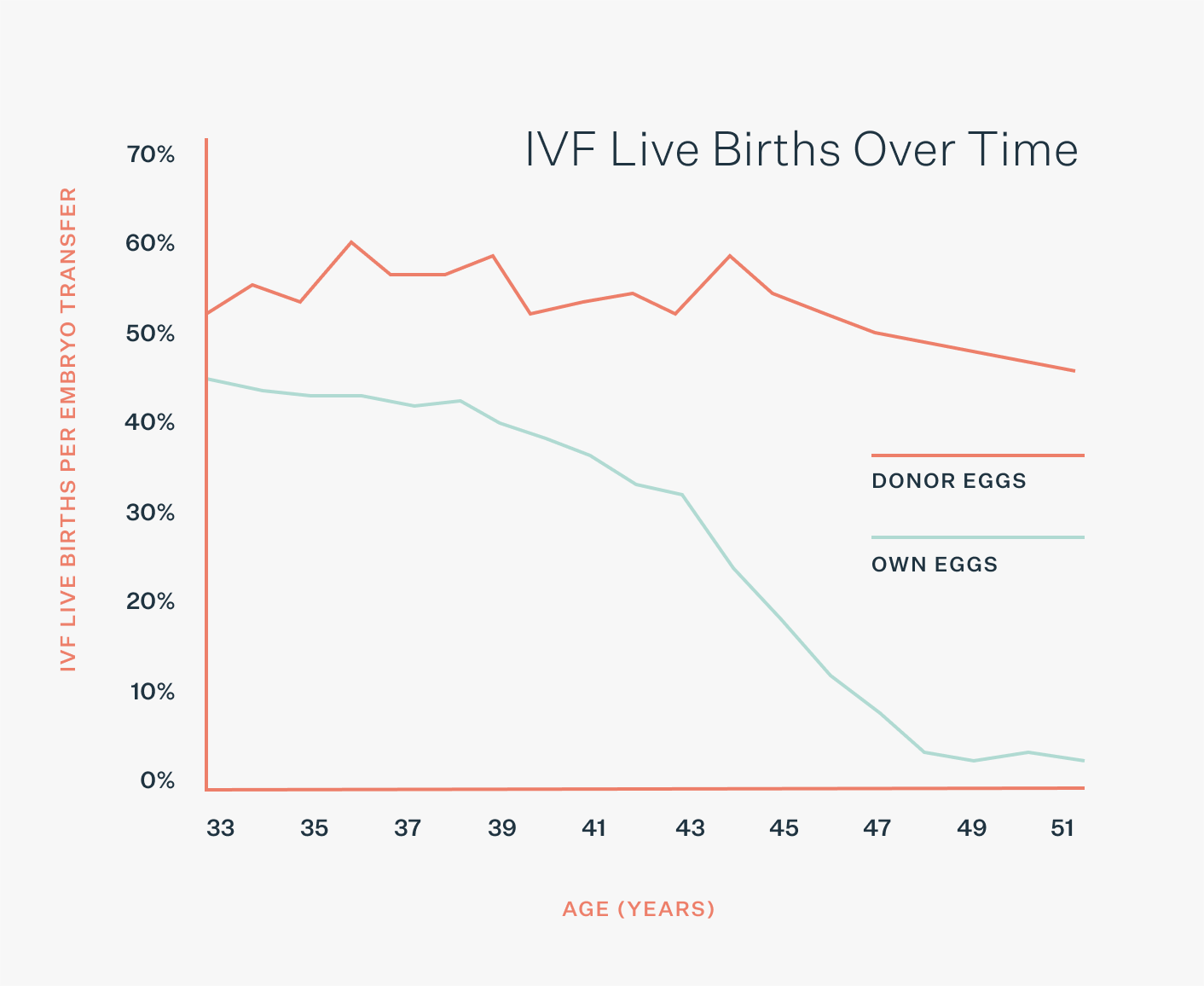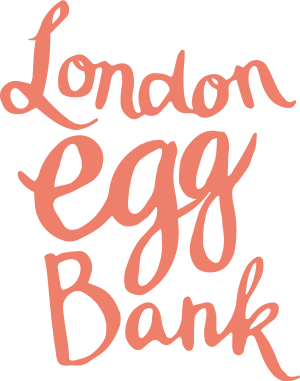Since we were established in 2014, London Egg Bank has consistently delivered the UK's highest recorded egg survival rates after freezing, at over 90% in all age groups. We have over seven years’ extensive egg freezing experience of providing frozen donor and own eggs for treatments, and so far in our laboratories we have frozen more than 30,000 eggs and thawed more than 10,000 – we are the largest centre in the UK.
We use the latest proven technology to ensure consistently high success rates, and our lab-powered programme gives patients a strong chance of future success.
At London Egg Bank we take complete care of you from start to finish with our ground-breaking egg-freezing programme.
- We assess you for suitability and plan your egg collection carefully around your own schedule.
- We co-ordinate treatment from doctors, nurses and embryologists who bring all their experience and expertise in cryopreservation to your treatment.
- We freeze and store your eggs using our dedicated in-house labs where we focus simply and expertly on the egg freezing and thawing process.
This seamless approach allows us to focus on excellence, and by concentrating on one purpose we do it extremely well. Unlike other centres, who may have expertise, for example, in embryo freezing, our expertise is dedicated to freezing eggs, which is a much more complex and delicate procedure.
Altogether almost 1000 babies have been born from the use of frozen donor and own eggs at London Egg Bank (July 2021).
Success of egg freezing: indications from frozen donor eggs
The most important results for you to consider are our egg thaw survival rates of 93%, and our live births derived from frozen eggs. In a recently published large study involving 559 consecutive recipients of frozen-thawed donor eggs (2017 – 2019) we have reported a live birth rate of 37.9% per embryo transfer. Estimates of cumulative live birth rates after three embryo transfers exceed 60%. View our donor egg page here.
Success of egg freezing: indications from frozen own eggs
Egg freezing and thawing are increasing but the number of people ready to have treatment with their own frozen eggs remains small compared with frozen donor eggs. This low rate of utilisation is understandable because women who have chosen to freeze their eggs have done so in the knowledge that the eggs frozen at any age remain viable in storage and available for use at a more convenient time later in life.
Recent surveys have shown that only 6% of women returned to have treatment [ ref 1 Hammerberg et al Hum Reprod 2017, 1:32(3):575] and 70% of women with stored eggs achieved pregnancies without using their stored eggs [ ref 2 Wafi et al Reprod Biomed Online 2020, 40(2):207].
At London Egg Bank we are seeing a growing number of women starting to utilise their stored eggs. A total of 91 treatments in which patient’s own eggs had been frozen and thawed were carried out between 2018 and 2020. In 23 cases embryos were further checked for normal genetic health prior to transfer. These treatments resulted in 29 ongoing pregnancies as confirmed by ultrasound.
The sample size is small but, when analysed according to patient age, the results indicate that eggs frozen at a younger age are associated with higher pregnancy rates than eggs frozen at older ages. This is illustrated in the table below. These are results from patients freezing and using their own eggs but are comparable with results from frozen donor eggs in our egg donation programme. Read more
|
Age |
Pregnancies confirmed by ultrasound (%) |
|
Under 38 |
17 / 38 (45%) |
|
38 and over |
12 / 53 (22%) |
IVF live births over time
The success of IVF treatment depends largely on the age of the egg used. This is the principle on which egg freezing is based —it allows women to freeze their young, healthy eggs and preserve their egg quality. The age you are when you freeze your eggs is the age they will remain when you choose to use them. Read more about our success rate with donor eggs

While live births decline with age when patients use their own eggs for IVF, rates remain consistent over time when using donor eggs.
Are you ready to learn more about Egg Freeezing? Contact us to speak to one of our team
References
- Karin Hammerberg, Maggie Kirkman, Natasha Pritchard, Martha Hickey, Michelle Peate, John McBain, Franca Agresta, Chris Bayly, Jane Fisher, Reproductive experiences of women who cryopreserved oocytes for non-medical reasons, Human Reproduction, Volume 32, Issue 3, March 2017, Pages 575–581, https://doi.org/10.1093/humrep/dew342
- Ahmed Wafi, Julie Nekkebroeck, Christophe Blockeel, Neelke De Munck, Herman Tournaye, Michel De Vos, A follow up-up survey on the reproductive intentions and experiences of women undergoing planned oocyte cryopreservation, Reproductive BioMedicine Online, Volume 40, Issue 2, Pages 207-214, https://doi.org/10.1016/j.rbmo.2019.11.010
